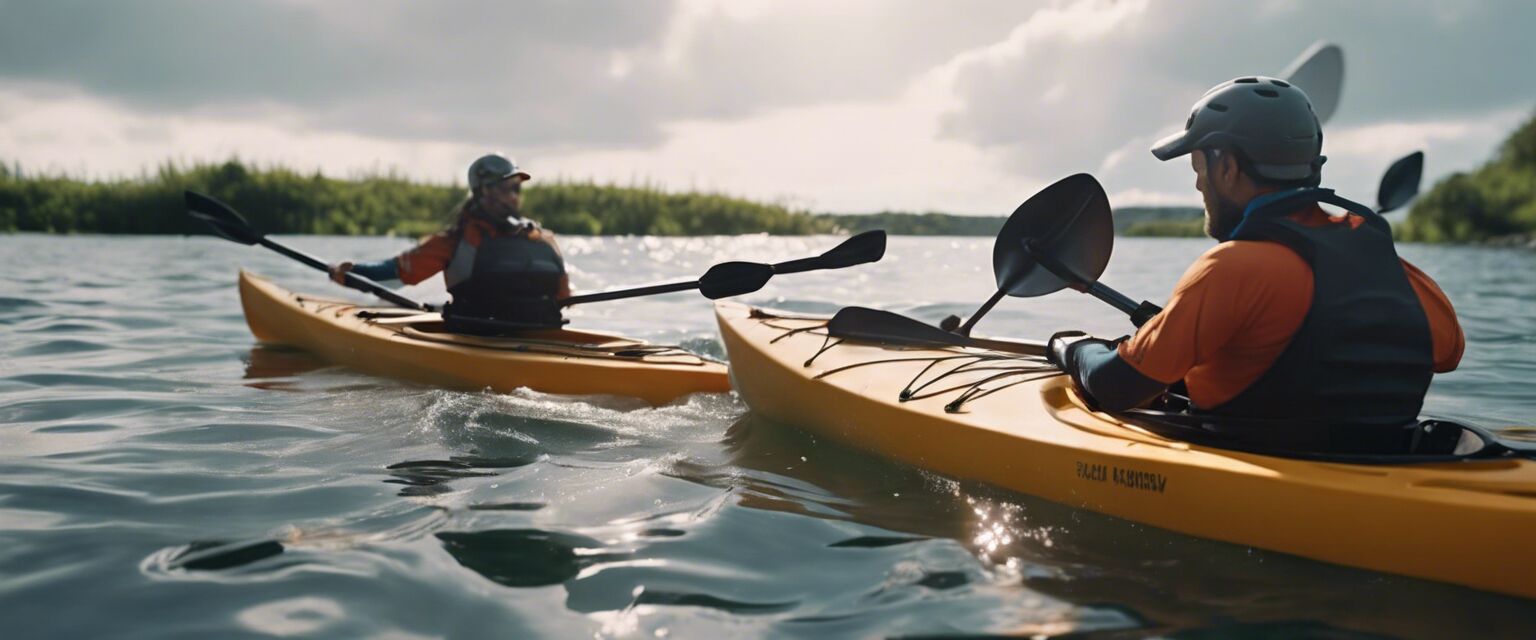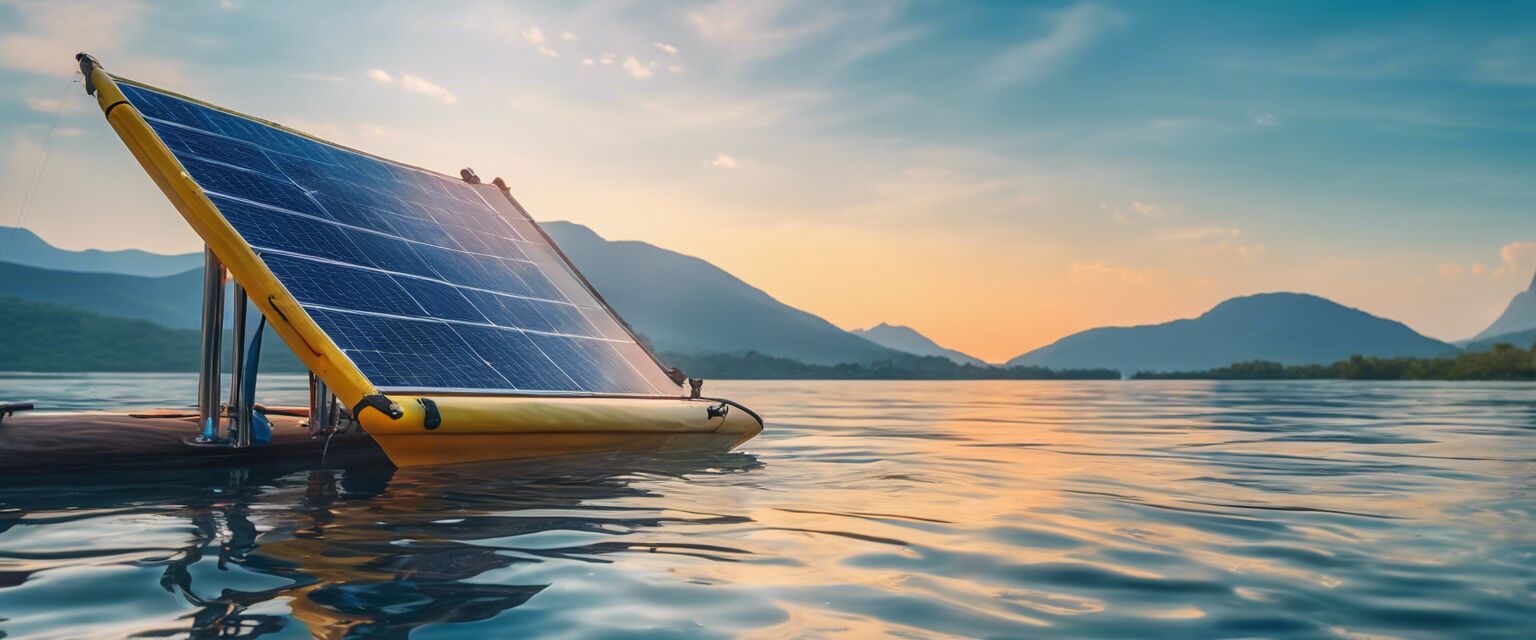
Recycled Material Kayaks
Key Takeaways
- Recycled material kayaks provide an eco-friendly alternative to traditional kayaks.
- These kayaks often boast impressive durability and performance.
- Choosing recycled kayaks helps reduce plastic waste in oceans and waterways.
- Many top-rated options are available to suit different water sports enthusiasts.
The world is becoming increasingly aware of the importance of sustainability, especially in the outdoor and water sports industries. As water sports enthusiasts, we can make eco-friendly choices without sacrificing performance. Recycled material kayaks offer an excellent solution for those looking to minimize their environmental impact while still enjoying kayaking adventures. This comprehensive guide will explore the benefits of recycled kayaks, information on top-rated options, and how these kayaks contribute to a healthier planet.
Benefits of recycled material kayaks
Choosing a kayak made from recycled materials comes with various benefits, including:
- Environmental Impact: By using recycled materials, manufacturers help reduce plastic waste in our oceans and lakes.
- Durability: Many recycled kayaks exhibit strength and resilience comparable to their traditional counterparts.
- Performance: Innovations in design and materials often lead to better handling and performance on the water.
- Support Sustainable Brands: Purchasing from eco-conscious brands supports their mission to maintain and restore aquatic ecosystems.
Top-rated recycled material kayaks
| Brand | Model | Material | Weight (lbs) | Price Range |
|---|---|---|---|---|
| Eco Kayak Co. | Eco Tracker | Recycled High-Density Polyethylene | 45 | $$ |
| Green Paddle | Nature Glide | Recycled ABS Plastic | 50 | $$$ |
| Blue Horizon | Eco Wave | Recycled Polypropylene | 40 | $$ |
| Nature's Craft | Riverside Joy | Recycled Rubber Composite | 47 | $$$ |
| Eco Adventure | Planet Cruzer | 100% Recycled Materials | 42 | $$ |
Choosing the right kayak for your needs
When selecting a recycled material kayak, consider the following factors:
- Type of Kayaking: Determine if you're using the kayak for leisure, fishing, or performance paddling.
- Weight Capacity: Each kayak has a weight limit. Make sure it can accommodate you and any gear you plan to take.
- Sitting Style: Kayaks come in sit-on-top or sit-inside designs. Choose one that fits your comfort and preference.
- Storage Options: Ensure there is adequate storage space for your items to keep them safe and dry.
Where to buy recycled material kayaks
Finding the right kayak might be easier than you think! Explore local outdoor retailers or check out specialized eco-friendly stores online. It's crucial to take the time to research and compare different models before making a purchase. For more information on various types of kayaks, consider visiting our Kayaking Gear page.
Tips for maintaining your recycled kayak
Beginners Section
- Regularly clean the kayak with fresh water to avoid buildup from saltwater or dirt.
- Store your kayak in a shaded area to prevent UV damage.
- Inspect for scratches or damages regularly and address them promptly.
- Cover your kayak during transport to minimize exposure to the elements.
Supporting sustainable practices
When you choose a recycled material kayak, you support brands that align with sustainable practices. Additionally, explore eco-friendly water sports gear options on our Inflatable Water Toys and Paddleboards pages. Happy paddling while keeping our waters clean!
Conclusion
Embracing eco-friendly products like recycled material kayaks not only provides you with high-quality gear but also contributes to the health of our planet. As water sports enthusiasts, we have the power to make choices that benefit our environment while enjoying our favorite activities. By selecting a kayak made from recycled materials, you join the tide of change promoting sustainability for generations to come.
Pros
- Environmentally friendly
- High durability and performance
- Support for sustainable brands
- Availability of various designs and styles
Cons
- Potentially higher price compared to traditional kayaks
- Limited availability at some stores
- Not all recycled kayaks are created equal; some may lack quality




